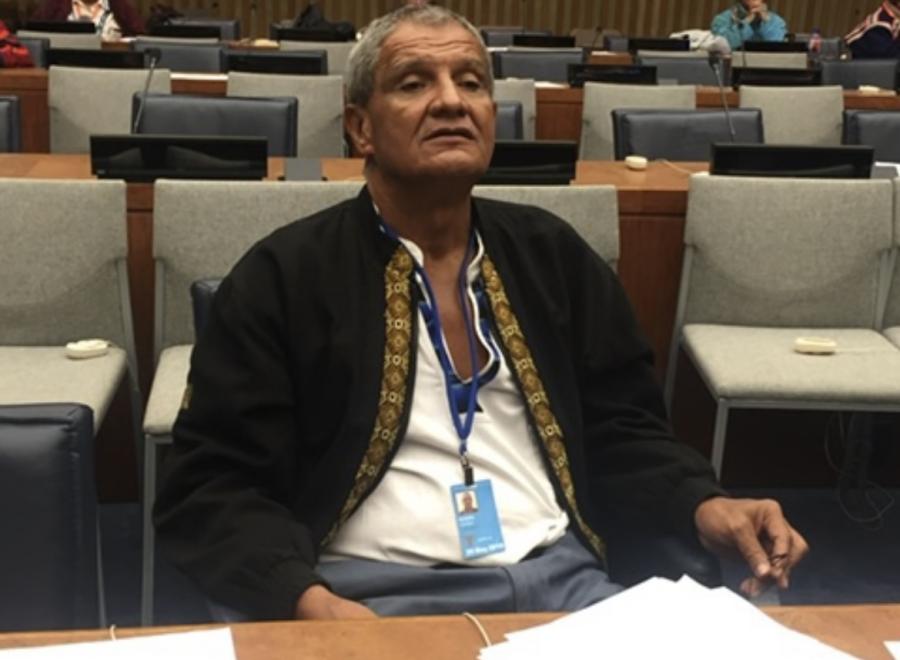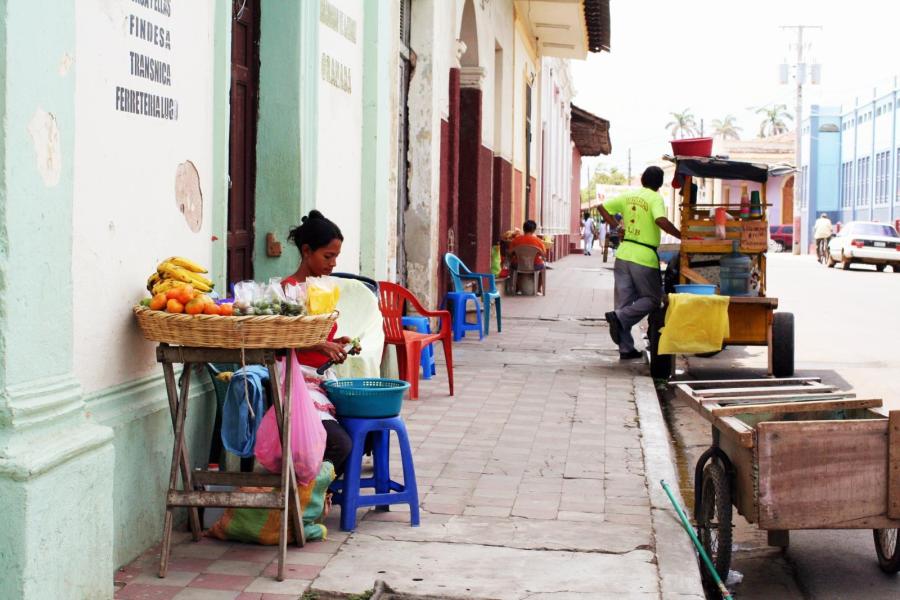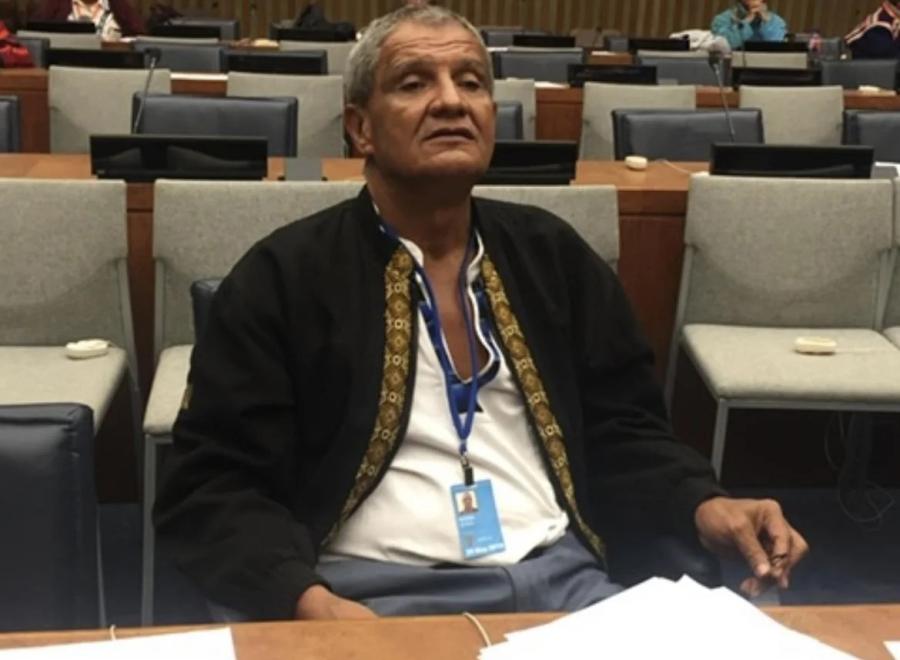The Mayangna (Sumo) Indigenous Community of Awas Tingni filed suit in a Nicaraguan appeals court in January to require the Nicaraguan government to enforce an international ruling that protects indigenous people’s land and resource rights.In August 2001, the Organization of American States’ Inter-American Court of Human Rights found international human rights violations in the Nicaraguan government’s treatment of the Awas Tingni community’s ancestral land and resources (see Cultural Survival Quarterly 25:4 and 26:4). The court ruled that Nicaragua violated the indigenous community’s rights to property, natural resources, and environment when it granted concessions to a Korean logging company to harvest timber on the community’s land without the community’s consent.
The community filed the latest action on January 16 in an appeals court in Puerto Cabezas (Bilwi). The suit was filed against Nicaraguan President Enrique Bolaños, various ministers, and government officials. In its complaint, the community claims that these officials have failed to implement the Inter-American court’s ruling and in doing so have violated the Nicaraguan constitution and the country’s international legal obligations.
In its 2001 decision, the Inter-American Court of Human Rights affirmed that indigenous peoples have rights to the lands and resources they traditionally used and occupied. As a remedy for Nicaragua’s violation of these rights, the court ordered the state to demarcate and title the community’s territory within 15 months. The 15-month demarcation compliance period expired on December 17, 2002, and the government has still not begun to demarcate or title the Indians’ lands. In fact, the government has not even conducted an official study of the lands in preparation for such demarcation.
The court also ordered Nicaragua in August 2001 to invest, within 12 months, $50,000 in works or services for the benefit of the community. Despite an agreement to invest this money in the construction of a student boarding house for Awas Tingni youth, the construction is still not complete.
“For the past 15 months the community and its advisers have worked in good faith with the government of Nicaragua to carry out the distinct aspects of the implementation,” said S. James Anaya, special counsel to the Indian Law Resource Center (ILRC), legal adviser to the community, and Cultural Survival board member. “Despite these efforts, the government has failed to show the political will and commitment to comply with the decision of the Inter-American Court of Human Rights.”
The implementation process has been plagued by unjustified governmental delays, repeated failures to follow through with agreed-upon activities, and a failure to fully involve officials with the necessary authority and mandate to make decisions and to put into practice the measures required to advance the process, particularly with respect to the demarcation and titling of Awas Tingni lands.
As it awaits a decision by the Nicaraguan courts, the community hopes that the government will renew its commitment to the implementation.
“President Bolaños had made it clear that he wants the citizens of Nicaragua and the world to know that his administration stands for accountability and the rule of law,” said Armstrong Wiggins of the ILRC. “To accomplish these important objectives, Nicaragua must fully implement the Awas Tingni decision and put an end to its violation of the Constitution and international human rights law.”
Armstrong Wiggins is director of the Central and South America program at the Indian Law Resource Center. For more information about the Awas Tingni Case, visit www.indianlaw.org.



